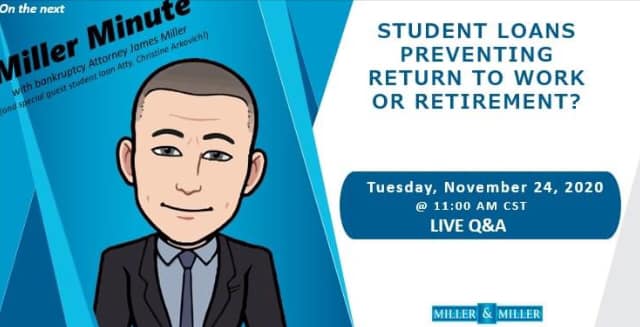Good news. There’s lots of money left in TEPSLF. 700 million was appropriated and as of September 2020, only about 87.5 million had been discharged under TEPSLF. There is a new form here: https://studentaid.gov/sites/default/files/public-service-application-for-forgiveness.pdf.
Under the new form, you don’t have to apply for regular PSLF first, be denied, and then apply for TEPSLF. And even more important, as I read the new form, you don’t have to wait until 10 years to determine if your prior “wrong plan payments such as those under the Graduated or Extended Plans” counts or not. That is huge for someone wanting to make life decisions about whether to remain in PSLF a few more months/years for the win — or bail and start perhaps a higher income position in the private world or start their own business!
What is TEPSLF? This is the fund that Congress set up to help those who were in the wrong payment plan so their student loan payment didn’t count toward Public Service Loan Forgiveness. It does not fix the FFEL loan versus Direct loan fiasco.
 Reboot Your Life: Tampa Student Loan and Bankruptcy Attorney Blog
Reboot Your Life: Tampa Student Loan and Bankruptcy Attorney Blog




